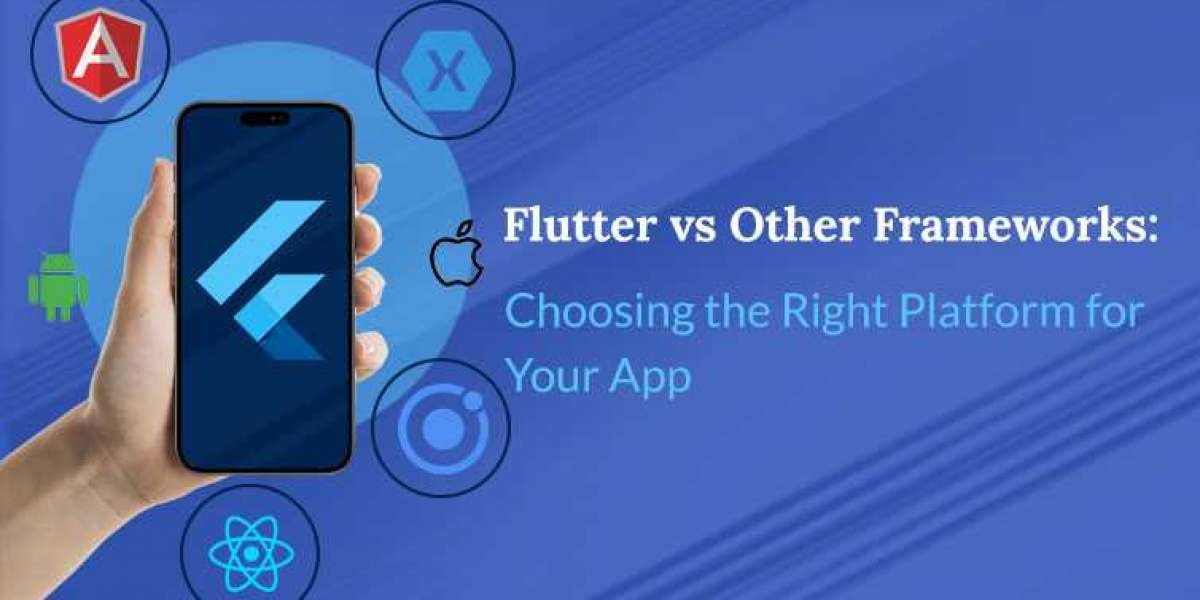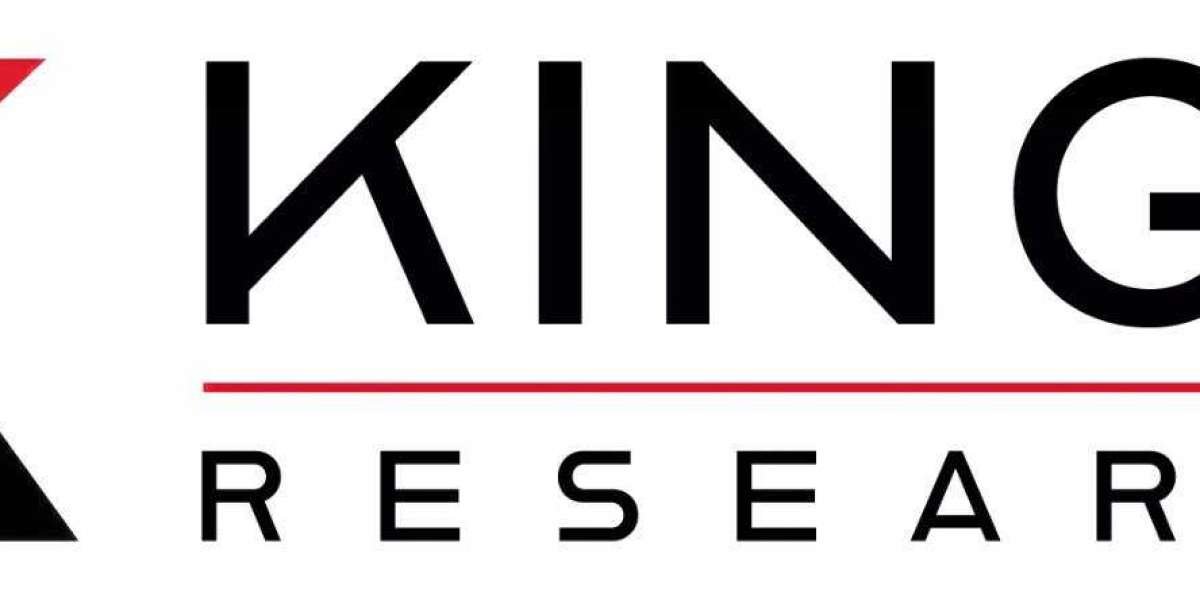The world of cross-platform mobile app development is a dynamic space, with several frameworks vying for developers' attention. While each offers unique advantages and strengths, Google's Flutter stands out as a compelling choice for businesses looking to build beautiful, performant apps that cater to multiple platforms. In this blog, we'll examine Flutter in comparison to other popular frameworks, guiding you towards informed decision-making about your app's technological foundation.
Flutter comparison with other frameworks
Flutter vs. React Native
React Native, backed by Facebook, is a mature framework utilizing JavaScript—a familiar language for web developers. Both offer a single codebase for multiple platforms, but where Flutter uses its own Dart language, React Native depends on native components. Consequently, React Native often requires deeper platform-specific knowledge. Flutter, with its own rendering engine, provides greater control over the UI, leading to a more consistent cross-platform experience.
Flutter vs. Xamarin
Xamarin, a Microsoft offering, uses C# and the .NET framework. For teams already entrenched in the Microsoft ecosystem, Xamarin offers a smooth transition. However, Flutter's hot reload capabilities and comprehensive widget library often give it an edge in terms of development speed and flexibility. Plus, Flutter's growing community and robust toolset demonstrate a strong commitment to innovation.
Why Flutter Excels
Performance: Flutter apps deliver near-native performance thanks to its direct rendering to platform-specific code. This smooth UI experience translates into happier users.
Rapid Development: Hot reload features and intuitive widget-based UI design significantly accelerate development, reducing overall time-to-market.
Customization: Although Flutter provides a rich set of widgets, developers retain a high degree of control over the UI's appearance and behavior.
Growing Ecosystem: Flutter's community continues to expand, providing resources, libraries, and support networks to empower developers.
Considerations
It's important to note that no single framework is the "perfect" solution for every project. Here are circumstances where other frameworks might be a better fit:
Heavy Native Reliance: If your app hinges on advanced platform-specific features that are not readily available in Flutter, React Native or Xamarin might be more suitable.
Strict Legacy Code Integration: If your project involves extensive use of legacy code in Java, Kotlin, Objective-C, or Swift, a native approach might be necessary.
Conclusion
Flutter is a powerful contender in the cross-platform app development arena. If you're prioritizing development speed, beautiful UIs, and near-native performance, Flutter should be at the top of your list.
If you're seeking expertise to bring your app vision to life, look no further than Eitbiz Solutions. As a dedicated Flutter app development companywe possess the skills and experience to guide your project from ideation to launch. Contact us today to explore how we can collaborate and build exceptional apps together.



